Online event
Introducing Composer Leyanis Valdés Reyes
–
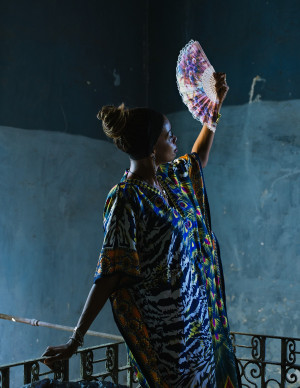
For IN·FLO·RES·CENCE Leyanis Valdés Reyes was commissioned by Reece Ewing to create a composition for solo piano around 1 minute in length responding to the changes to daily life during the global coronavirus outbreak. As part of the platform hosted by The Showroom, this individual piece and 9 others will all be interpreted and performed by the project’s first Artist-in-Residence, Pianist Elio Villafranca, throughout the duration of the project.
Enjoy Leyanis’s composition 21.12.12 performed by Elio.
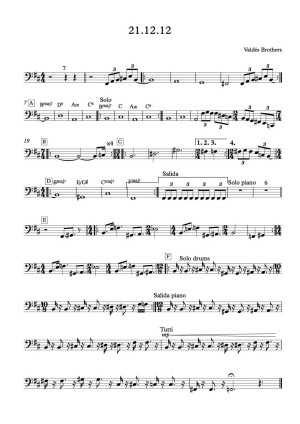
In the below Q+A with Kevin Le Gendre (Broadcaster and Writer of Don’t Stop the Carnival: Black British Music, 2019), Leyanis discusses the impact of the pandemic in Cuba, her current creative development, unique composition for IN·FLO·RES·CENCE 21.12.12, and what this project means to her.
Q: How has the coronavirus pandemic affected you as an artist?
Leyanis: This pandemic has affected my work as an artist since we usually performed in clubs, doing live concerts. Live performances are key as one must confront many of the things developed over a long time from a new perspective. In this sense the interaction with the audience is crucial and very stimulating for both sides.
Q: Has there been more time to compose/work on your artistic development?
Leyanis: On the other hand I have had much more time to focus on what I want to achieve as a musician. I found the time to study in-depth some subject matters for which I never had the time before. This has been an unprecedented experience for all of us, we have experienced how it feels to perform in front of a smartphone the same we would do in a live concert. Which is a great idea/thing. I have also been able to analyse, listen, reflect, and thoroughly study my favourite pianists and delve into the realm of digitised music.
Q: How do you feel about the IN·FLO·RES·CENCE commission and writing a solo piano piece for Elio?
Leyanis: IN·FLO·RES·CENCE is an interesting project, it has allowed me to meet artists from other parts of the world and learn about their experiences. The piano piece that Ellio Villafranca will perform is not strictly for piano solo, but I chose it for its structure as it allows the interpreter to express his own ideas and propose a personal take/interpretation. Being able to flow wherever the piece takes him.
Q: 21/12/12 is an intriguing title. Does it have a specific meaning?
Leyanis: This piece is about the Mayan calendar, which forecasted 12/21/12 as a turning point when something would be ending and when an era would start.
Q: The atmosphere created in the first part is calm and reflective but there is a distinct shift in tempo and rhythm around the 3 minute mark before a return to the main theme. What does the structure represent?
Leyanis: This piece has an unusual structure, it starts with an intro followed by (ABCDEF), all the structures are different but when combined they should keep their own key. The composition departs from a single note, that develops with changes of pace staying always close to its tone/pitch, to conclude how it started. In that sense it could always be a start or an end.
Q: When I interviewed Elio he talked a lot about the primacy of rhythm in Cuban piano traditions. What is your point of view?
Leyanis: Our heritage of African and Spanish music is present in 12/21/12. It is a fusion between both, something one can see as well in the tradition of Cuban piano.
Q: Have you, like many Cuban pianists, also studied drumming/percussion?
Leyanis: Unfortunately I did not study percussion, but I work with my brother Jessie Valdés who is a percussionist. Very often we sit at the piano to compose together, and exchange ideas, be it about rhythm, harmony, structure, or style. It is always very interesting how percussionists have another ideas or ways to approach piano.
Q: You are a solo pianist yourself, so how does it feel to hear another pianist play what you have written?
Leyanis: I look forward to listening to Ellio Villafranca. This piece has many nuances, and it will be great to hear his interpretation.
—
Q: Is 21/12/12 also something you would score for an ensemble?
Leyanis: I would adapt the rhythmic base for a larger ensemble adding miscellanea, “bata” drums, box drums, “botijas”, and human voices —gypsy chants—. All that would be adapted to the story I want to convey; 12/21/12 depicts a departure with a single note (as if it were a droplet), that develops with changes of beats shifting from more reflective parts to more lively ones, to conclude in the same way it starts.
Q: ¿Como artista te ha afectado de alguna manera?
Leyanis: Esta pandemia sí ha afectado mi trabajo como artista, ya que habitualmente nos presentábamos en clubes, conciertos y demás. Las presentaciones en vivo son muy importantes, porque sientes la obligación de ver muchas cosas que se estudian por mucho tiempo desde otro punto de vista, la interacción con el público es fundamental, y muy estimulante para ambos.
Q: ¿Has tenido más tiempo para componer o trabajar en tu desarrollo artístico?
Leyanis: Pero por otra parte he tenido mucho más tiempo para enfocarme en lo que deseo llegar a realizar como músico.He tenido tiempo para estudiar con profundidad algunos asuntos que antes por escasez de tiempo no me permitía hacerlo. Esto ha sido una experiencia insólita creo que para todos, hemos experimentado cómo se siente de frente a un teléfono hacer lo mismo como para un concierto en vivo. Esto es muy buena idea. He podido analizar, escuchar, reflexionar, y estudiar minuciosamente a mis pianistas favoritos y adentrarme en el ámbito de la música digitalizada.
Q: ¿Cómo ha sido la experiencia de realizar este encargo para IN·FLO·RES·CENCE y escribir una pieza de piano para Elio?
Leyanis: IN·FLO·RES·CENCE es un proyecto interesante, me ha permitido conocer a artistas de otras latitudes y saber de sus experiencias. La pieza de piano que Ellio Villafranca interpretará no es propiamente para piano solo. Pero escogí este tema por su estructura, que permite expresar las ideas a las que el intérprete se refiere, pudiendo exponer su propuesta. Por supuesto con todo lo que el tema le lleva.
Q: 21/12/12 Es un título intrigante, ¿tiene algún significado específico?
Leyanis: Este tema se trata del calendario Maya, que se pensaba o especulaba que el 21/ 12/12 fuera el fin de algo o el comienzo de otra etapa.
Q: La atmósfera que creas durante la primera parte es tranquila y reflexiva pero hay un cambio significativo en el ritmo y el tempo sobre el minuto 3 antes de volver al tema principal. ¿Qué simboliza esa estructura? ¿Por qué la elegiste?
Leyanis: Este tema tiene una estructura inusual, comienza con una Intro y luego (ABCDEF) todas las estructuras son diferentes pero entre ellas se trata de mantener su tonalidad. Esta composición trata de describir cuando algo comienza con una sola nota, se desarrolla con cambios de ritmos, siempre manteniendo la cercanía de su tono, y luego concluye de la misma forma que cómo empezó. Es cómo un algo que podría empezar y acabarse.
Q: Cuando entrevisté a Elio, él me habló mucho sobre la primacía del ritmo en las tradiciones de piano cubanas. ¿Cuál es tu punto de vista al respecto?
Leyanis: En 21/12/12 está presente nuestro legado de la música africana y española. Es una fusión entre ambas, por consecuencia de esto se puede notar la tradición del piano cubano.
Q: Al igual que muchos pianistas cubanos, ¿estudiaste también percusión?
Leyanis: Desafortunadamente no estudie percusión, pero trabajo con mi hermano Jessie Valdés que es percusionista, y muchas veces nos sentamos en el piano a componer juntos, e intercambiamos ideas, ya sea rítmicas, o armonía ,estructura, o estilo. Siempre es muy interesante como los percusionistas tienen otra idea o forma de ver piano.
Q: Siendo tú también solista, ¿cómo es oír a otro pianista tocar una pieza compuesta por ti?
Leyanis: Estoy muy interesada en escuchar a Ellio Villafranca,ya que es una pieza con muchos matices, y sería bueno oír su propuesta.
Q: ¿Adaptarias 21/12/12 para poder ser interpretada por un ensemble?
Leyanis: La adaptaría para un ensemble más grande en cuanto se refiere a la base rítmica. Le agregaría misceláneas, tambores bata, cajón, botija, y voz humana (cantos gitanos). Todo esto se adaptaría a la historia que quiero transmitir 21/12/12, que trata de describir el comienzo de algo con una sola nota (como si fuese una gota de agua) un desarrollo con cambios de compases, partes reflexivas y otras más vivaces para concluir de la misma forma como comienza.

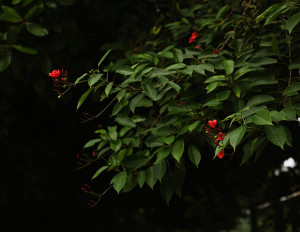
Related
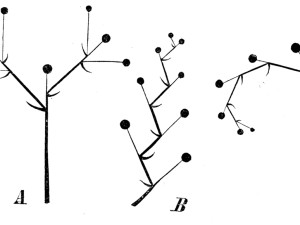
Online
Fortnightly Highlight 9: IN·FLO·RES·CENCE
–
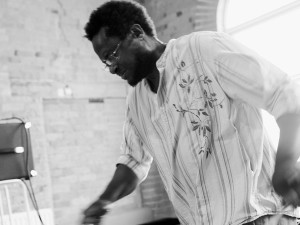
Event
Introducing Composer Corey Mwamba
–

Online
Introducing Composer Sarathy Korwar
–
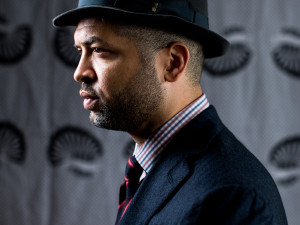
Online
In conversation: Jason Moran, Elio Villafranca & Project Co-Curators
– ,
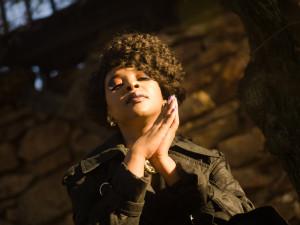
Online
Introducing Composer Siya Makuzeni
–
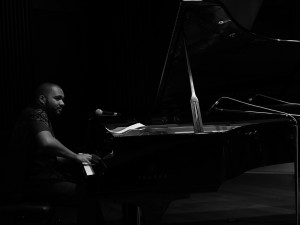
Online
Introducing Composer Bokani Dyer
–
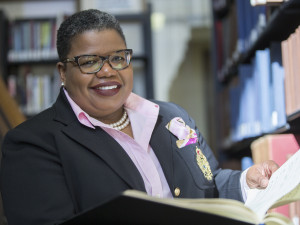
Online event
In conversation: Dr. Tammy Kernodle with Elaine Mitchener, Siya Makuzeni & Thandi Ntuli
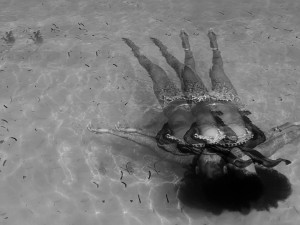
Online event
In conversation: Phoebe Boswell, Laura Lima, Nduduzo Makhathini & Elvira Dyangani Ose
–
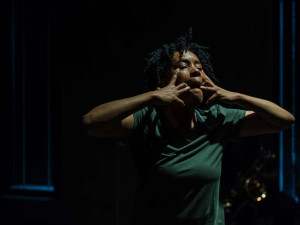
Online event
In conversation: Elaine Mitchener, Kodwo Eshun, Temi Odumosu & Elvira Dyangani Ose
–
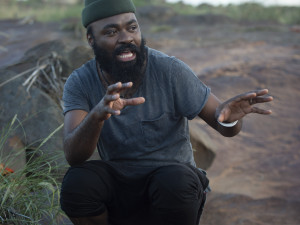
Online event
Introducing Nduduzo Makhathini
–
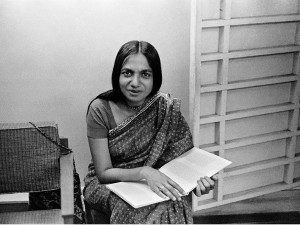
Online event
In conversation: Vijay Iyer, Andrea Giunta, Brinda Kumar & Kevin LeGendre
–
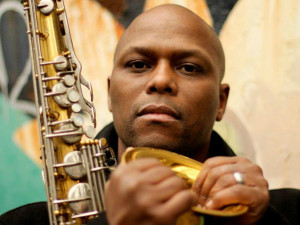
Online event
Introducing J.D. Allen
– ,
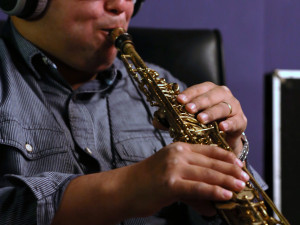
Online
Introducing Luis Carlos Pérez
–
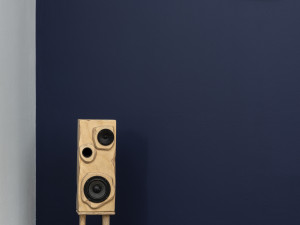
Online
In conversation: Andrew Pierre Hart, Charmaine Watkiss, Nduduzo Makhathini & Katherine Finerty
–
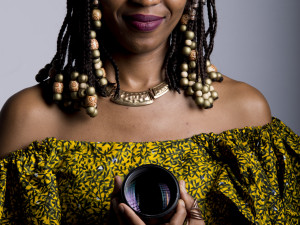
Online
Introducing Composer Thandi Ntuli
–
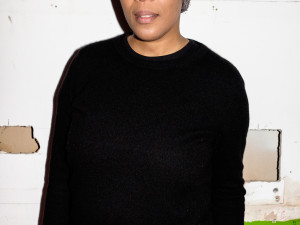
Online
Introducing Composer Elaine Mitchener
–
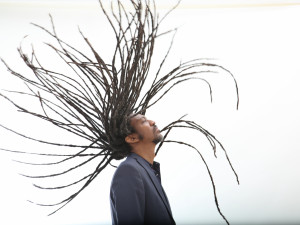
Online
Introducing Artist-in-Residence Elio Villafranca
– ,
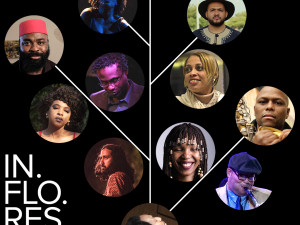
Exhibition
IN·FLO·RES·CENCE
–